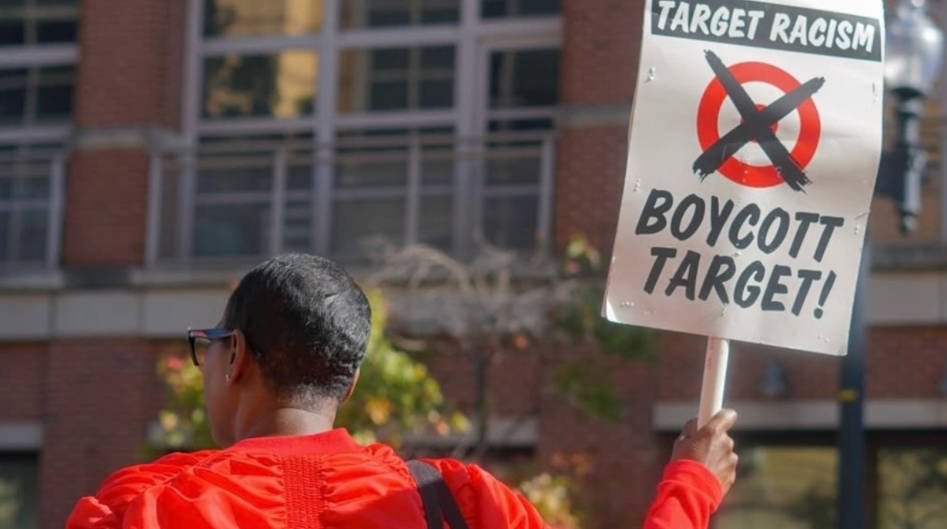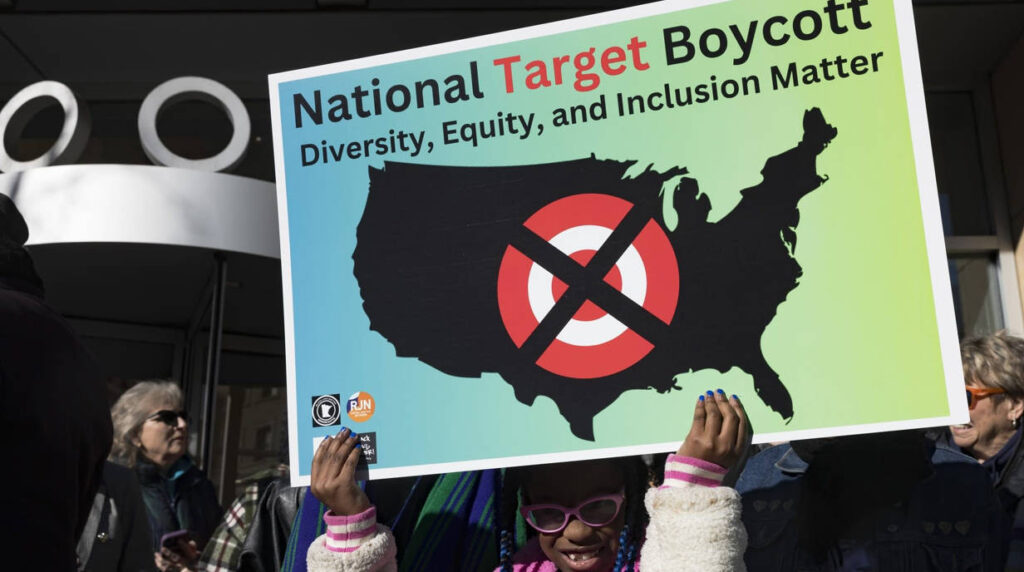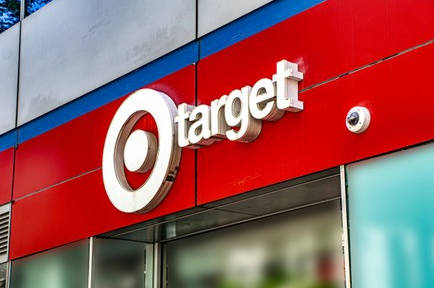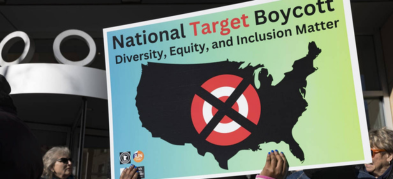Important Information
This website is managed by Ultima Markets’ international entities, and it’s important to emphasise that they are not subject to regulation by the FCA in the UK. Therefore, you must understand that you will not have the FCA’s protection when investing through this website – for example:
- You will not be guaranteed Negative Balance Protection
- You will not be protected by FCA’s leverage restrictions
- You will not have the right to settle disputes via the Financial Ombudsman Service (FOS)
- You will not be protected by Financial Services Compensation Scheme (FSCS)
- Any monies deposited will not be afforded the protection required under the FCA Client Assets Sourcebook. The level of protection for your funds will be determined by the regulations of the relevant local regulator.
Note: Ultima Markets is currently developing a dedicated website for UK clients and expects to onboard UK clients under FCA regulations in 2026.
If you would like to proceed and visit this website, you acknowledge and confirm the following:
- 1.The website is owned by Ultima Markets’ international entities and not by Ultima Markets UK Ltd, which is regulated by the FCA.
- 2.Ultima Markets Limited, or any of the Ultima Markets international entities, are neither based in the UK nor licensed by the FCA.
- 3.You are accessing the website at your own initiative and have not been solicited by Ultima Markets Limited in any way.
- 4.Investing through this website does not grant you the protections provided by the FCA.
- 5.Should you choose to invest through this website or with any of the international Ultima Markets entities, you will be subject to the rules and regulations of the relevant international regulatory authorities, not the FCA.
Ultima Markets wants to make it clear that we are duly licensed and authorised to offer the services and financial derivative products listed on our website. Individuals accessing this website and registering a trading account do so entirely of their own volition and without prior solicitation.
By confirming your decision to proceed with entering the website, you hereby affirm that this decision was solely initiated by you, and no solicitation has been made by any Ultima Markets entity.
I confirm my intention to proceed and enter this website Please direct me to the website operated by Ultima Markets , regulated by the FCA in the United KingdomStock Price Drop From Target DEI Boycott
In early 2025, Target Corporation faced a significant backlash after it scaled back its Diversity, Equity, and Inclusion (DEI) initiatives. The company’s decision to end several key DEI programs, including the Racial Equity Action and Change (REACH) strategy, ignited one of the most high-profile corporate boycotts in recent history. As a consequence, Target’s stock price saw a sharp decline, losing over $20 billion in market value. The fallout from the Target DEI boycott underscores the profound financial risks corporations face when reconsidering their commitment to social responsibility and diversity.
The Backlash: A Nation-Wide Boycott
Target’s decision to pull back from its DEI commitments quickly sparked outrage among civil rights activists, progressive communities, and social media users. The Target DEI boycott quickly gained momentum, particularly after Georgia Pastor Dr. Jamal Bryant called on his congregation to participate in a “40-day fast from Target.”

Activists and consumers alike mobilized, calling for a boycott of the retailer, which gained traction across the U.S. The scale of the protests intensified when Target withdrew from its long-standing commitment to the Human Rights Campaign’s Corporate Equality Index and announced it would no longer support external diversity-focused surveys.
Stock Price Drop and Declining Foot Traffic
The consequences were swift and tangible. In the first quarter of 2025, Target saw a 7.9% drop in foot traffic compared to the previous year, and its stock price plummeted by 33%, erasing over $20 billion in shareholder value. These figures underscore the significant financial impact the company faced in the wake of the DEI rollback.
Additionally, Target’s decision to distance itself from diversity initiatives came amidst a broader trend of corporations scaling back DEI programs in the wake of political shifts. This trend has been notably influenced by the rise of conservative figures such as Donald Trump, whose rhetoric has shaped the corporate landscape in recent years.
Legal and Financial Repercussions
The Target DEI boycott didn’t only impact the company’s reputation; it also had legal consequences. In February 2025, the City of Riviera Beach Police Pension Fund filed a class-action lawsuit against Target, accusing the company of misleading investors by not disclosing the potential risks associated with rolling back its DEI initiatives. The lawsuit alleges that Target “artificially inflated” its stock prices and failed to warn investors about the consequences of abandoning its DEI and ESG (environmental, social, and governance) policies. This legal challenge further highlights the deepening crisis for the company.
As of January 2025, when Target made the announcement to end its DEI programs, the retailer had already experienced a significant loss in market value. In November 2024, following a controversial Pride Month campaign, Target saw a 22% drop in its stock price, losing $15.7 billion in market value. The company faced backlash after removing LGBTQ+ merchandise in response to confrontations in stores. This earlier controversy foreshadowed the larger DEI crisis that would unfold in 2025, serving as a stark reminder of how consumer trust can be easily eroded by corporate missteps.

Leadership Changes and Financial Struggles
In response to the mounting crisis, Target announced that its CEO, Brian Cornell, would step down in 2026, with Chief Operating Officer Michael Fiddelke set to take over. The leadership change is part of a broader effort to steer the company through its turbulent period. Alongside this, Target revealed plans to eliminate 1,800 corporate jobs, including 1,000 layoffs, in an attempt to reduce costs and regain financial stability.
Despite these efforts, Target’s financial struggles continued. In the second quarter of 2025, the company reported a 19.4% drop in operating income, with comparable sales falling by 1.9%. These figures demonstrate the extent of the damage caused by the Target DEI boycott, with analysts attributing the decline to eroded consumer trust, particularly among Black and progressive shoppers. For many, the company’s retreat from its DEI initiatives represented a betrayal of the social commitments it had made in the wake of George Floyd’s death in 2020.
Social Media Amplification and the Role of Disinformation
The power of social media in amplifying the boycott cannot be understated. A report from Israeli tech firm Cyabra revealed that nearly 27% of the social media accounts promoting the boycott were fake, suggesting that disinformation played a significant role in magnifying the backlash. This raises important questions about the influence of social media on public opinion and consumer behavior, particularly in a time when online activism can quickly snowball into real-world consequences.
This situation highlights the need for companies to be aware of the digital landscape they operate within, especially when making decisions that may stir social and political divisions. While the boycott was fueled by genuine outrage over the DEI rollback, the role of inauthentic accounts further complicates the story, reflecting the complex interplay between social media, corporate reputation, and public perception.
Target’s Response and Ongoing Boycott
In an effort to recover from the fallout, Target reaffirmed its support for Black entrepreneurs and pledged to continue fostering an inclusive environment. However, these gestures were not enough to quell the growing dissent. Critics argued that Target’s attempts to salvage its image fell short of addressing the core issues raised by the boycott.

As of October 2025, the boycott remains ongoing, with activists continuing to call for the reinstatement of Target’s DEI programs and the fulfillment of its $2 billion commitment to supporting Black communities. The retailer is now faced with a difficult decision: restore its DEI efforts and risk further alienating conservative consumers, or continue down the path of retrenchment and risk permanent damage to its reputation among more progressive consumers.
The Future of Corporate DEI Initiatives
The Target DEI boycott is part of a larger trend where companies are navigating the complex intersection of social responsibility and financial performance. This situation underscores the importance of aligning corporate actions with the values and expectations of consumers. While companies may face political and social pressure to roll back DEI initiatives, they must also weigh the long-term consequences of such decisions.
Looking ahead, the future of DEI initiatives in corporate America will depend on how companies adapt to the evolving demands of their customers and stakeholders. The Target case serves as a cautionary tale about the risks of inconsistent or performative DEI efforts and the potential fallout when corporations retreat from their diversity commitments.
Conclusion
Target’s DEI boycott and the subsequent decline in stock prices serve as a stark reminder of the financial risks companies face when abandoning social responsibility efforts. The legal, financial, and reputational consequences faced by the company demonstrate the high stakes for businesses navigating the landscape of social responsibility.
As companies continue to face increasing pressure from all sides, the lesson from Target is clear: actions have consequences, and a genuine commitment to diversity, equity, and inclusion is not only a moral imperative but a crucial component of long-term business success.
Disclaimer: This content is provided for informational purposes only and does not constitute, and should not be construed as, financial, investment, or other professional advice. No statement or opinion contained here in should be considered a recommendation by Ultima Markets or the author regarding any specific investment product, strategy, or transaction. Readers are advised not to rely solely on this material when making investment decisions and should seek independent advice where appropriate.













